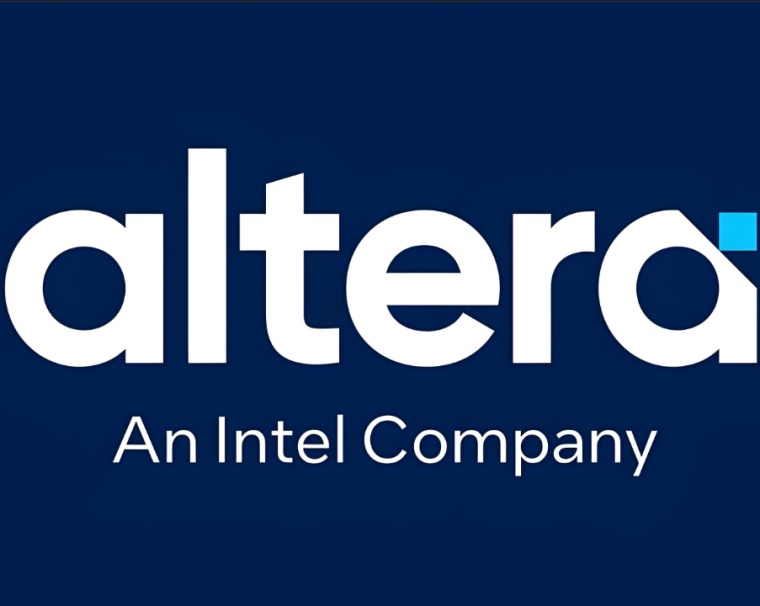Exploring the Versatility of the EPM1270T144C5N FPGA Chip
The EPM1270T144C5N is a high-performance FPGA (Field-Programmable Gate Array) from Intel’s (formerly Altera) MAX II family. Designed for low-power, cost-effective, and high-speed applications, this chip is widely used in industrial automation, telecommunications, and embedded systems. Its 144-pin TQFP package and 5ns pin-to-pin delays make it ideal for real-time processing and complex logic designs.
Key Features of the EPM1270T144C5N
1. High Logic Density: With 1,270 LEs (Logic Elements), the chip supports sophisticated digital designs without compromising performance.
2. Low Power Consumption: Optimized for energy-efficient operations, making it suitable for battery-powered devices.
3. Fast I/O Performance: 5ns delays ensure rapid data transfer, critical for high-speed communication systems.
4. Flexible Configuration: Supports in-system programmability (ISP) for easy updates and debugging.
5. Robust Packaging: The T144 package provides excellent thermal and electrical stability.
Applications of the EPM1270T144C5N
- Industrial Control Systems: Used in PLC (Programmable Logic Controller) designs for automation.
- Telecommunications: Enhances signal processing and protocol handling in networking equipment.
- Consumer Electronics: Powers smart home devices and wearable technology.
- Automotive Systems: Integrates into ADAS (Advanced Driver Assistance Systems) for improved safety.
Why Choose the EPM1270T144C5N?

Engineers favor this FPGA for its balance of performance and affordability. Its reprogrammable nature reduces development time, while its low static power extends device longevity. Whether for prototyping or mass production, the EPM1270T144C5N delivers reliability and scalability.
ICgoodFind’s Take
The EPM1270T144C5N stands out as a versatile FPGA for modern electronics. Its efficiency, speed, and adaptability make it a top choice for developers tackling complex embedded challenges.
Popular Keywords: FPGA chip、EPM1270T144C5N datasheet、MAX II FPGA、low-power FPGA、TQFP package